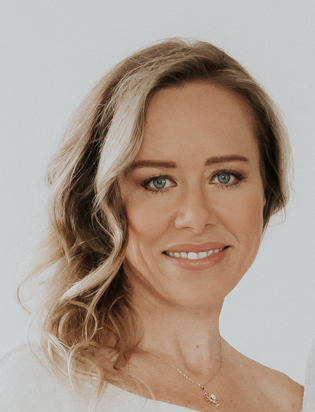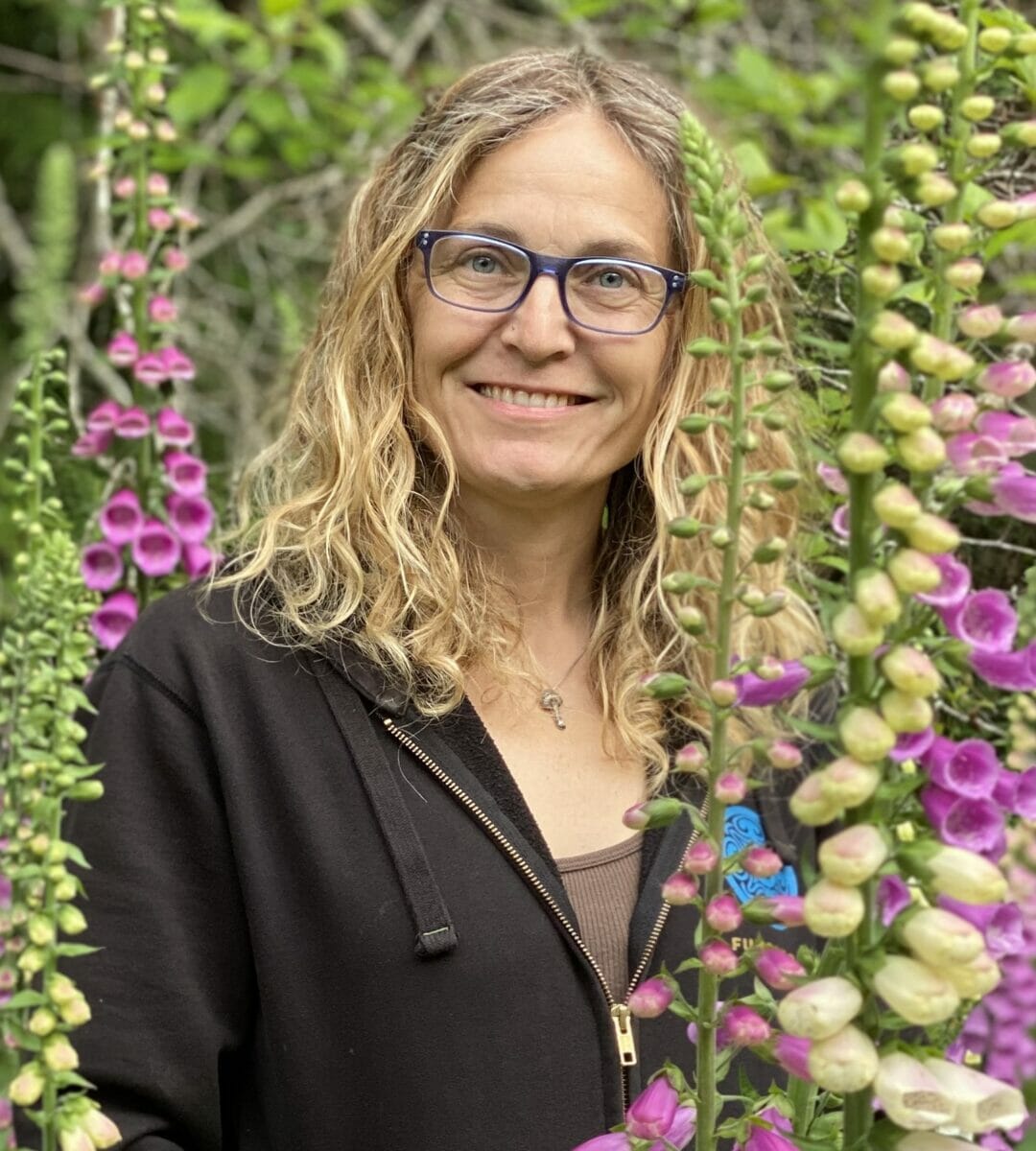
Research
PT391 – MDMA-Assisted Psychotherapy For Fibromyalgia and Other Central Sensitization Syndromes
February 21, 2023
Featuring: Dr. Devon Christie & Dr. Pamela Kryskow, MD
In this episode, Joe interviews Dr. Devon Christie: Senior Lead of Psychedelic Programs at Numinus, educator at CIIS and Vital, and MAPS-certified MDMA therapist; and Dr. Pamela Kryskow, MD: founding board member of the Psychedelic Association of Canada and Medical Lead of the nonprofit, Roots To Thrive.

In this episode, Joe interviews Dr. Devon Christie: Senior Lead of Psychedelic Programs at Numinus, educator at CIIS and Vital, and MAPS-certified MDMA therapist; and Dr. Pamela Kryskow, MD: founding board member of the Psychedelic Association of Canada and Medical Lead of the nonprofit, Roots To Thrive.
Christie and Kryskow recently co-authored one of the first papers looking at MDMA for chronic pain, “MDMA-assisted therapy is associated with a reduction in chronic pain among people with post-traumatic stress disorder,” which came about after they received access to MAPS’ Phase 2 data from a lead-in PTSD study and noticed significant improvements in pain measurements – something the study was not looking for at all. They’re looking into where chronic pain fits within the frameworks of Western medicine and psychedelic-assisted therapy, and discuss the many reasons why MDMA should be tremendously helpful for chronic pain and other conditions that fall under the large umbrella of central sensitivity syndromes and nociplastic pain. They are currently working on a new study following the MAPS protocol that will research MDMA-assisted psychotherapy specifically for people with fibromyalgia, which some believe might be physicalized PTSD. If you’d like to contribute a tax-deductible donation, visit giving.viu.ca, select “other” from the dropdown, and type in “MDMA for Fibromyalgia.”
They talk about how research trials focus too much on the molecule while ignoring what the patient is saying; how a large percentage of physicians and patients don’t at all like the psychometrics used in measuring data; how physicians regularly use expectancy bias but research trials don’t (and how that affects results); why everyone needs to place higher importance on the biopsychosocial model; the idea of being more humble with science and using “theoretical” more often; the problems with microdosing trials; and the issues with evidence: If there isn’t sufficient evidence, why isn’t there? And what exactly would be sufficient?
Notable Quotes
“It’s kind of an irony because it’s really a single molecule pharmaceutical model to go: ‘Is it working?’ whereas every day, every clinician out there is using expectancy and placebo effect to their patients’ benefit. So, I would like us to have that conversation in a much more intelligent way, saying it’s going to be there, it’s not a bad thing, and in fact, if you don’t have that, you’re probably a bad clinician. So, let’s harness it, and then say, ‘and is the treatment [going] above and beyond that?’” -Pam
“Where’s the scientific curiosity? That’s what we need to be. When our patient says: ‘This is helping me,’ we should never be saying, ‘No, that’s not possible because there’s no evidence.’ We should be leaning in and being curious: ‘Tell me more.’” -Pam
“Homogenizing through trying to do the randomized control trials, you end up sort of sterilizing to isolate one specific variable in trying to make your study population as similar as possible. And in the real world, that’s just not the case. In the real world, people are on 10 different medications. So what’s really even the applicability when we sterilize and homogenize so much [for] what we believe is giving us the best evidence?” -Devon
“If we really look and open our eyes, in many, many circumstances, the pathology is not individual whatsoever. The pathology is in our culture and in our society and how disconnected we are and the intergenerational trauma that’s passed along, and then parents without support and no hope of not passing that along because our society isn’t providing the optimal environment on a societal level for us to be thriving. So I think a cure on an individual level needs to be couched within thinking about a cure on a collective level.” -Devon
“The reason I got involved even in the research is because so many of my patients were coming to me and saying, ‘I am microdosing. It is helping.’ So it goes back to: Do you believe people? And I personally believe my patients when they say that. …When I have people coming in and saying ‘I’m out of bed now. I used to lay in bed for 18 hours a day and now I’m out, I bought a dog, I’m exercising’; if it’s a placebo or expectancy, awesome. I’m going to celebrate that.” -Pam
Links
Donate to the MDMA for Fibromyalgia study (select “other” from the dropdown, and type in “MDMA for Fibromyalgia.” (tax deductible and no fees)
Psychedelics Today: PT306 – Dr. Devon Christie – Vital Psychedelic Conversations
NYU Langone’s Department of Psychiatry: Center for Psychedelic Medicine
Imperial College London: Centre for Psychedelic Research



